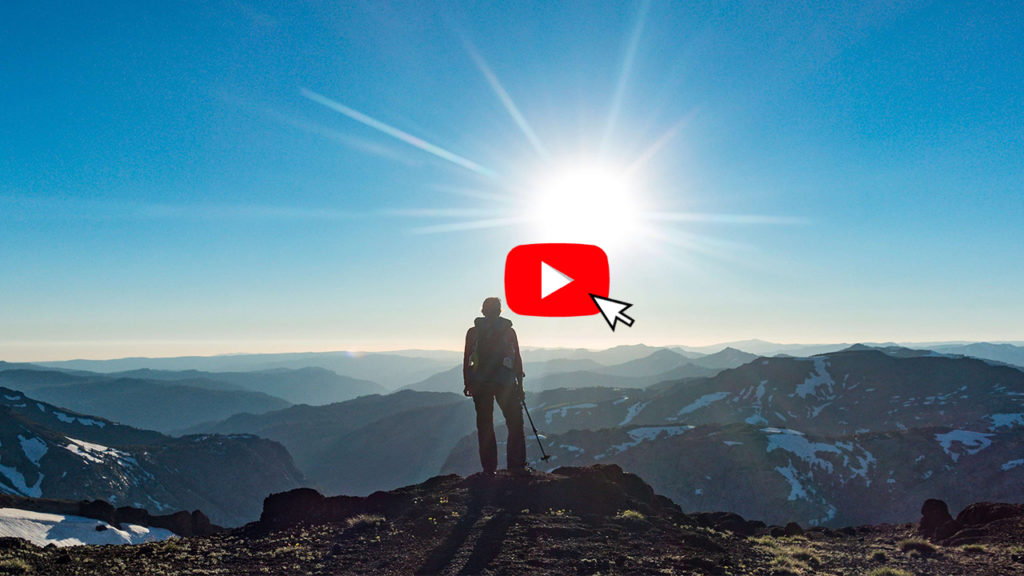High on health
By Dr. Barry Morrison
Make no mistake about it, I’m not referring to THC, of which Americans smoke more of per person than any other people on Earth, but rather the “other,” non-psychotropic cannabinoid called Cannabidiol (CBD), which is a prominent molecular component known as a cannabinoid of the hemp plant.
While CBD does not bind to either the CB1 or CB2 cannabinoid receptors in the human body directly, however they do stimulate endogenous, manufactured in the body, cannabinoid activity by suppressing an enzyme that breaks down anandamide.
CBD is also a counterbalance to the action of THC at the CB1 receptor, mitigating or muting the psychotropic effects of THC. Weed enthusiasts would be wise to keep some CBD on hand for when things get… out of control.

If just 10% of what research doctors are now saying about CBD is true, then this is a discovery with significance similar to the medical impact of the discovery of antibiotics. A myriad of serious scientific peer-reviewed studies in Europe and the US have pointed toward CBD as having almost unprecedented healing potential over an extraordinary variety of health challenges.
When one googles the term CBD, you will find over 190 million results which should tell you the interest and importance of CBD, not to mention over 13,000 results found in our own National Institute of Health’s medical research site known as PubMed. Even the unexcitable National Cancer Institute has referenced this on their website.
(http://www.cancer.gov/about-cancer/treatment/cam/hp/cannabis-pdq#section/all)
And this is why we are “high on health”!

